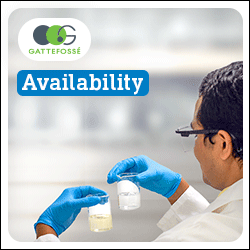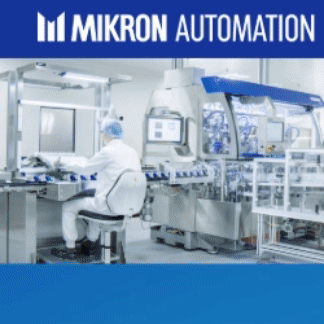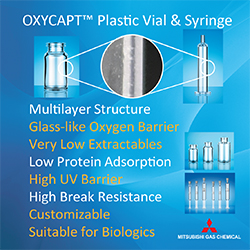Agilis Biotherapeutics Announces First Patient Treated in Phase IIb Clinical Study
Agilis Biotherapeutics recently announced that the first patient in the Phase IIb clinical study for its gene therapy treatment of Aromatic L-Amino Acid Decarboxylase (AADC) deficiency, AGIL-AADC, has been treated. The study is being performed under the direction of Paul Hwu, MD, PhD, Professor of Pediatrics at National Taiwan University Hospital. AGIL-AADC is an adeno-associated virus (AAV) vector containing the human gene for the AADC enzyme.
Dr. Hwu and colleagues have previously treated 18 subjects in two prospective clinical cohorts using a single administration of the gene therapy. Treated subjects have exhibited substantial gains in motor function and cognitive scales over multiple years following the gene therapy, as well as showing de novo dopamine production visualized by F-DOPA PET imaging and the emergence of dopamine metabolites. In contrast, untreated subjects typically do not achieve critical developmental milestones, as observed in natural history cases. The present Phase IIb study will enroll a third cohort of patients into two parts, one evaluating the AGIL-AADC gene therapy dose used in prior studies and a second exploring an increased dose.
Dr. Hwu said, “We are pleased to advance this important work given the promising safety and efficacy observed to date in previous studies in which AADC deficiency patients treated with our gene therapy have exhibited persistent improvements across multiple functional scales, as well as biomarker and imaging measures. Our combined studies have collected more than 5 years of data in some cases, providing support for this gene therapy as a potential durable treatment for AADC deficiency.”
AADC deficiency is a rare CNS disorder arising from a reduction in the enzyme aromatic L-amino acid decarboxylase that results from mutations in the dopa decarboxylase (DDC) gene. This reduction leads to deficits in the neurotransmitters dopamine, norepinephrine, epinephrine, serotonin, and melatonin. AADC deficiency causes severe developmental delays, the inability to develop motor strength and control (global muscular hypotonia/dystonia), resulting in breathing, feeding, and swallowing problems, frequent hospitalizations, and the need for life-long care that ultimately culminates in premature death within the first decade of life.
“We are pleased to be continuing Dr. Hwu’s pioneering gene therapy efforts in this devastating disease,” said Christopher Silber, MD, Agilis Chief Medical Officer. “Our mission for these patients is to provide a novel intervention to improve their condition and enhance their lives. Clinical development of AGIL-AADC remains encouraging, and dose range assessment will complement existing long-term follow-up data for treated patients, as we strive to position AGIL-AADC for registration.”
Aromatic L-amino acid decarboxylase (AADC) deficiency is a rare genetic condition resulting from deficits in the enzyme, AADC responsible for the final step in the synthesis of the neurotransmitters dopamine (a precursor of norepinephrine and epinephrine) and serotonin (a precursor of melatonin). AADC deficiency arises from mutations in the dopa decarboxylase (DDC) gene. In its profound forms, AADC deficiency results in severe developmental failures, global muscular hypotonia and dystonia, severe, seizure-like episodes known as oculo-gyric crises, frequent hospitalizations (including prolonged stays in intensive care), and the need for life-long care. Symptoms and severity vary depending on the type of underlying genetic mutation which abrogates AADC enzyme function. Patients with severe forms usually die before the age of 7 years due to profound motor dysfunction, autonomic abnormalities, and secondary complications such as choking, hypoxia, and pneumonia. No treatment options other than palliative care currently exist for patients with severe AADC deficiency.
Agilis is advancing innovative gene therapies designed to provide long-term efficacy for patients with debilitating, often fatal, rare genetic diseases that affect the central nervous system. Agilis’ gene therapies are engineered to impart sustainable clinical benefits by inducing persistent expression of a therapeutic gene through precise targeting and restoration of lost gene function to achieve long-term efficacy. Agilis’ rare disease programs are focused on gene therapy for AADC deficiency, Friedreich’s ataxia, and Angelman syndrome, all rare genetic diseases that include neurological deficits and result in physically debilitating conditions. For more information, visit www.agilisbio.com.
Total Page Views: 1003













